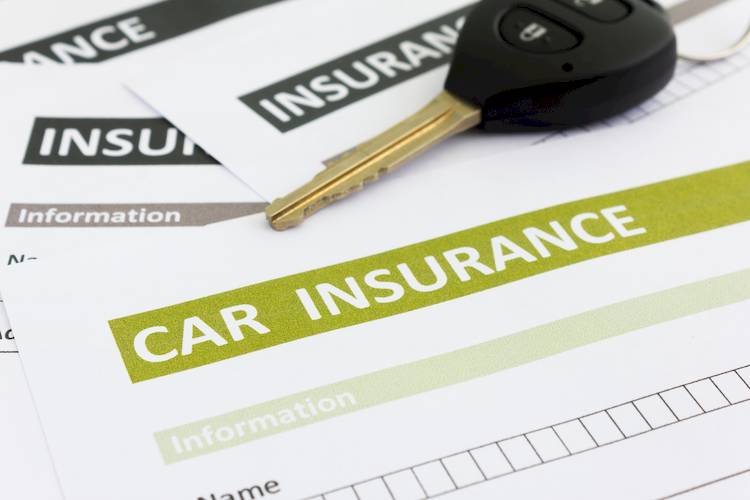

All Connecticut drivers are required to carry automotive insurance, or “financial responsibility,” in order to operate a vehicle legally and maintain vehicle registration. The current laws state that you must retain three types of insurance in order to drive legally: liability, uninsured motorist, and property damage.
The minimum financial responsibility requirements for private individuals under Connecticut law is as follows:
A minimum of $20,000 per person for liability, to cover bodily injury or death. This means you’ll need to carry a minimum of $40,000 to cover the lowest possible number of people involved in an accident (the two drivers).
A minimum $10,000 for property damage
A minimum of $40,000 for uninsured or under-insured motorists
This means that the total minimum amount of financial responsibility you will need is $90,000 for all three types of required mandatory insurance coverage.
Proof of insurance
If at any point you must provide proof of insurance, Connecticut only accepts these documents as acceptable proof:
The permanent insurance card from your authorized insurance provider
The declaration page from your insurance policy
An SR-22 Certificate of Financial Responsibility, which is a specific type of proof of insurance that is required only from drivers who have previously been convicted of reckless driving.
If you do not carry a proof of insurance card with you when you are operating a vehicle, you could face a $35 fine, which increases to $50 for subsequent offenses.
Violation penalties
If you operate a vehicle in Connecticut without insurance, you could face several types of penalties:
A fine of anywhere between $100 and $1,000 for passenger vehicles, as well as a one-month suspension of the registration and your driver’s license.
A fine of up to $5,000, and possible imprisonment for up to five years, for commercial vehicles.
Repeat offenders may have their registration and license suspended for up to six months.
In order to clear your registration of a suspension, you’ll have to present acceptable proof of insurance, and pay a $200 restoration fee.
If you fail to maintain insurance on your vehicle in Connecticut, you could also face these penalties:
A class C misdemeanor charge
A fine of up to $500
Imprisonment for up to three months
If you fail to respond to a request from the DMV to prove that you carried the proper insurance, your car could be towed, and you could have your license suspended. The DMV is alerted monthly by all auto insurance providers in the state of any changes to insurance policies held by Connecticut drivers.
The only time it is acceptable to not carry insurance on a vehicle is when you have turned in your marker plates to be placed on hold, typically during a time when your car is being restored or is in storage for a season.
For more information, contact the Connecticut DMV through their website.



